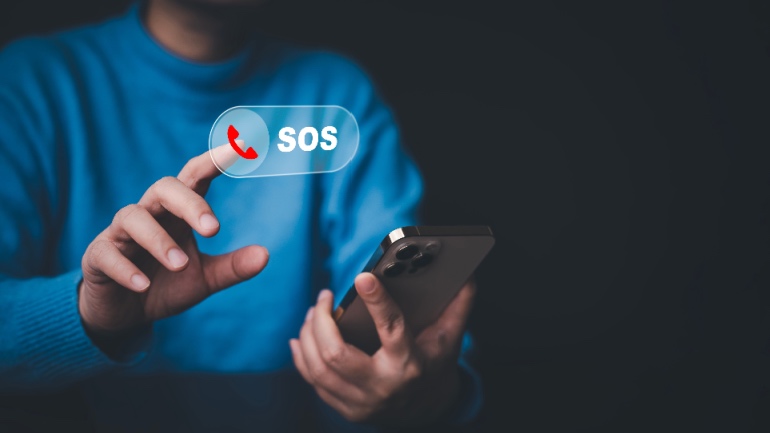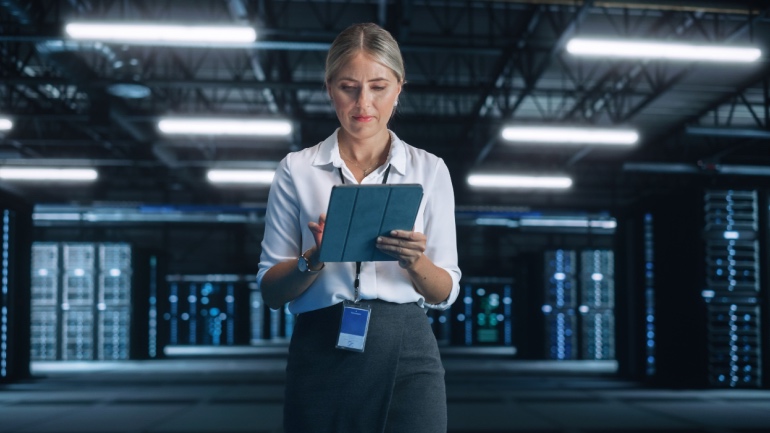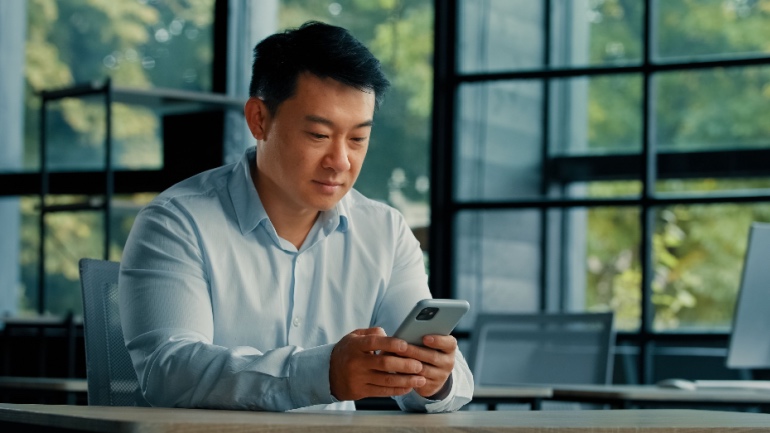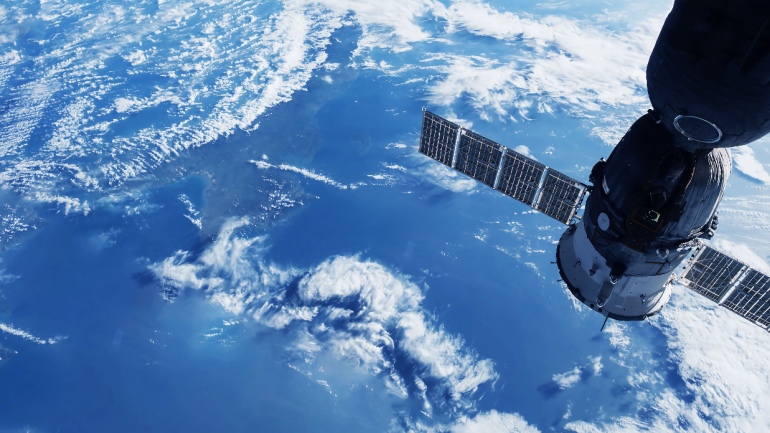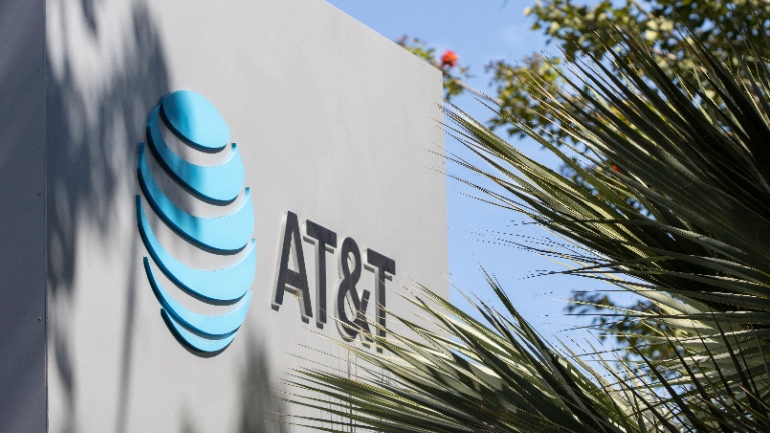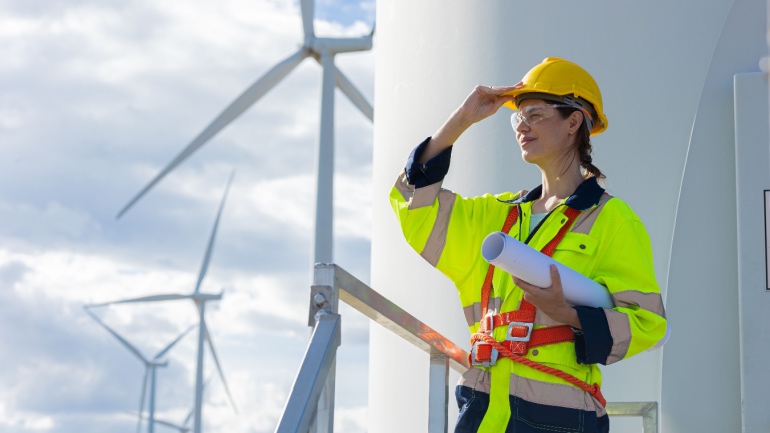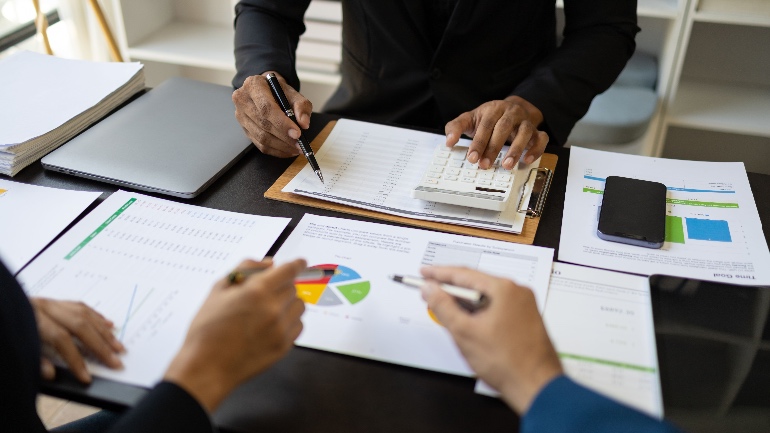Skylo’s cutting-edge NTN connectivity enhances the Google Pixel 9 series, ensuring reliable emergency communication where terrestrial networks fail. For the first time, Pixel users can connect to emergency services via satellite. This collaborative innovation between Skylo and Google marks a new era in mobile connectivity, delivering essential support in remote areas.
Equinix is making waves in the VoIP and digital infrastructure landscape with a $124 million investment in a new Hong Kong data center, HK6. Positioned to meet VoIP demands and enhance connectivity, this facility integrates seamlessly into Equinix’s existing network, bolstering Hong Kong’s role as a data hub in the Greater Bay Area.
Eager to showcase its latest advancements in VoIP and SMS technologies and to explore new market opportunities, DIDWW is gearing up for two major telecommunications events this September. As a leading provider of premium quality two-way SIP trunking and SMS services, DIDWW will engage with global partners and customers at ITW Africa and the Wholesale World Congress (WWC 2024).
Sinch, which is pioneering the way the world communicates through its Customer Communications Cloud, is excited to announce that MINDD, a Dutch medical technology company, has selected Sinch to develop an advanced AI-driven solution to safely pre-triage patients, significantly alleviating the overwhelming burden on medical practices.
Recent research by Vodafone reveals significant readiness among UK companies to invest in 5G Standalone (5G SA). 39% of businesses are prepared to invest in 5G SA now, with 14% planning to do so within a year. 93% of companies see reliable data connections as vital for success, reflecting the importance of 5G SA in business transformation.
Shanghai Spacecom Satellite Technology (SSST) is set to launch its first batch of satellites, challenging SpaceX’s Starlink. This launch, part of China’s G60 Starlink Plan, aims to deploy 15,000 low Earth orbit satellites by 2030, marking a significant step in China’s strategic competition with the United States.
Millicom’s Board of Directors has rejected Atlas Luxco’s revised $25.75 per share offer, stating it still undervalues the company. The board pointed to Millicom’s improved performance and standard valuation metrics, suggesting the bid is too low. Concerns over the impact on employees were also highlighted.
The National Advertising Review Board (NARB) has urged AT&T to revise its claims about its Supplemental Coverage from Space (SCS) following a challenge from T-Mobile US. AT&T’s advertisement implied the advanced VoIP service is operational, which is misleading. Transparent communication in the evolving VoIP and satellite communications landscape is essential.
Amazon has achieved its 100% renewable energy goal seven years ahead of schedule, powering all its operations with sustainable energy. Recognized by Bloomberg NEF as the largest corporate buyer of renewable energy, Amazon has invested in over 500 solar and wind projects worldwide. This commitment significantly advances global sustainability initiatives.
Vodafone Germany is investing €250 million to expand its B2B unit, targeting corporate consumers and enhancing its digital offerings. Partnering with IT leaders like Microsoft and AWS, the move aims to capture more of the competitive enterprise market. This strategic investment underscores the growing importance of VoIP and digital solutions.



